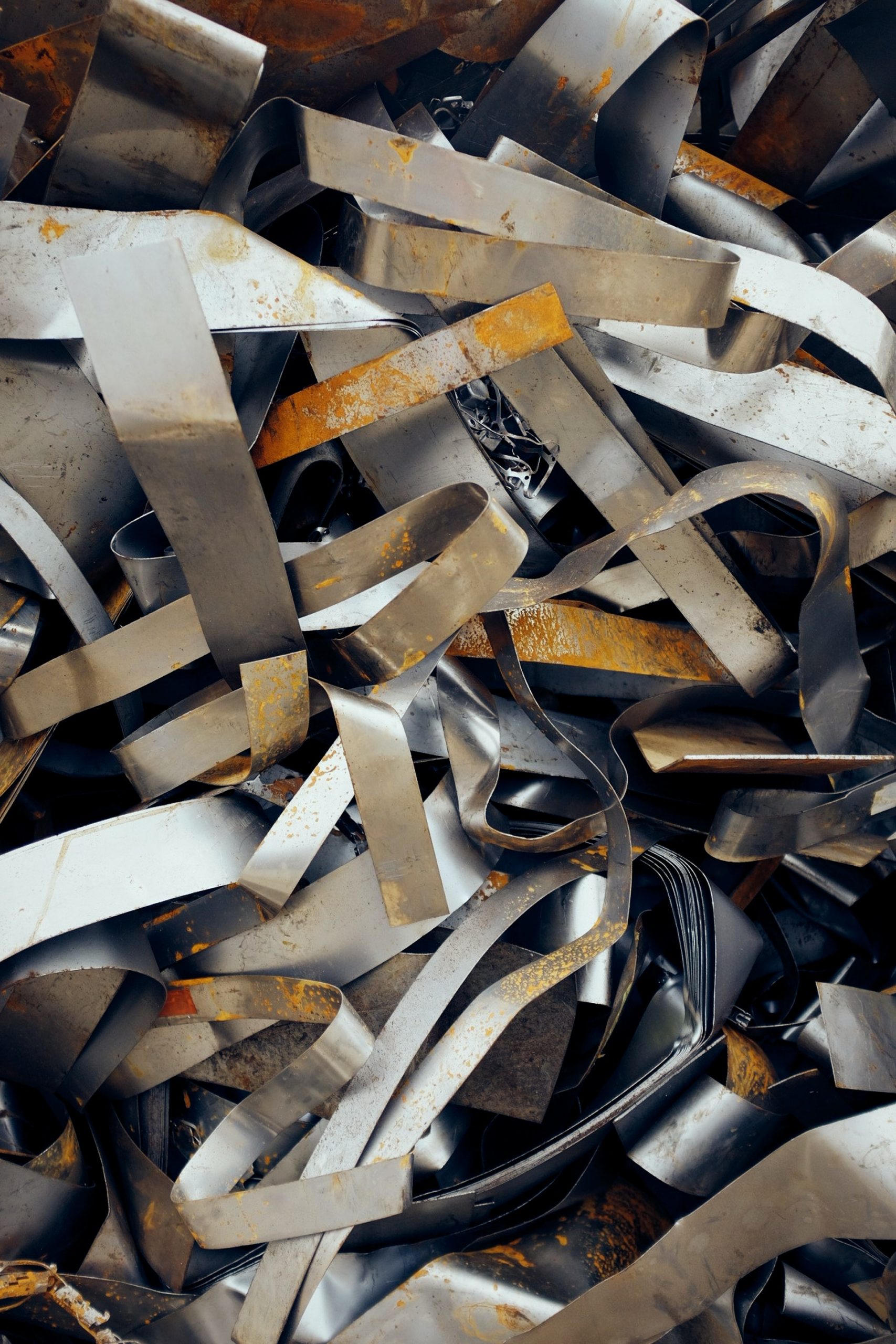Future supply of steel scrap for the needs of European steelmakers is not at risk, unless export trade restrictions impact the activity of European recyclers, according to a recent report published by EURIC, a European organisation representing European recycling industries.
The association calculated that since 2005 the percentage of domestic ferrous scrap used by the European steel industry has remained stable at 56-57%. Crude steel production in 2005 reached its peak in Europe at over 180 million tonnes, with consumption of scrap surpassing 100mt. In 2021, crude steel production was 152.6mt and scrap consumption 87.9mt.
While local demand has remained proportionately stable, exports have increased as the European recycling sector has boosted activities. “The European steel recycling industry, despite two landmark economic crises (in 2008-2009 and in 2020-2021), has steadily increased without benefiting from any subsidies. The industrialisation of metal recycling combined with the multiplication of recycling facilities across the EU enables metal recyclers to cope with a foreseeable increased demand for steel scrap within the EU or outside the EU,” EURIC explains in the report seen by Kallanish.
As a result, the association believes there is no risk of shortage of European scrap for European steelmakers. “The steel recycling industry recycles more steel than past, present and expected future demand, provided the right policy framework is maintained and further developed to reward CO2 savings and the use of circular materials,” EURIC adds.
The only risk could arise if export restrictions impact the European recycling sector as much as to limit scrap collection and processing in the continent.
“Curtailing access to international markets through regulation will simply distort well-functioning markets and artificially decrease the value of recycled materials. This will result in less collection and less recycling as empirically observed in all regions across the globe where such measures have been put in place,” EURIC explains. “In addition, lower or no profit margin will deprive European recycling companies, the majority of them being SMEs, from having the ability to invest into capacity and innovation needed to meet the needs of steelmakers and end-producers.”
The association also points out that putting further burden on recyclers in Europe could unlevel the playing field with suppliers of extracted raw materials, such as iron ore, imported from non-EU countries. These are not included in CBAM despite their intrinsically high carbon content.
“From a strict environmental and human health standpoint, stricter regulations to ensure that extracted raw materials are mined in conditions equivalent to the ones set in the EU shall be a priority, also to incentivise sustainable mining in Europe,” EURIC concludes.
Emanuele Norsa Italy






